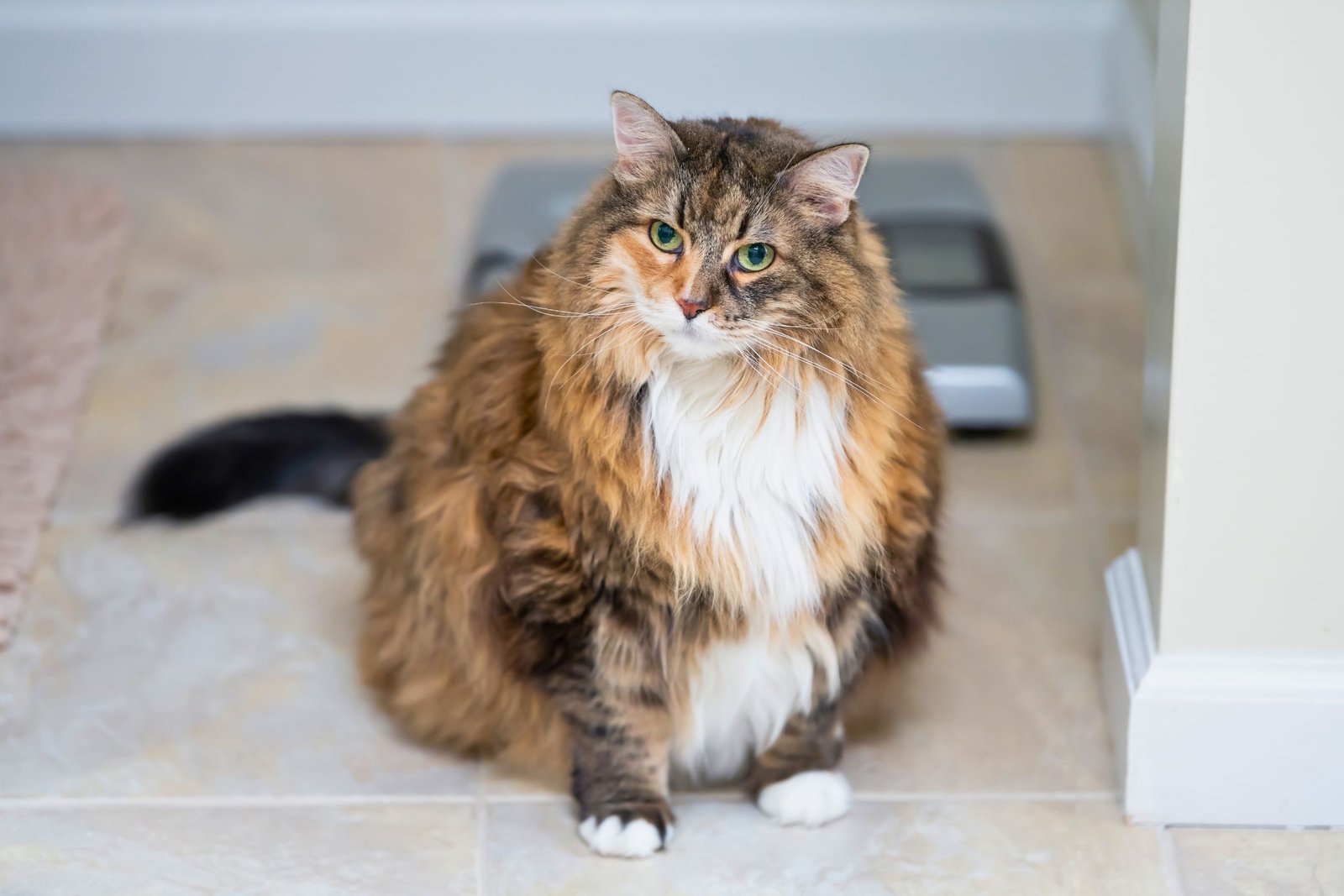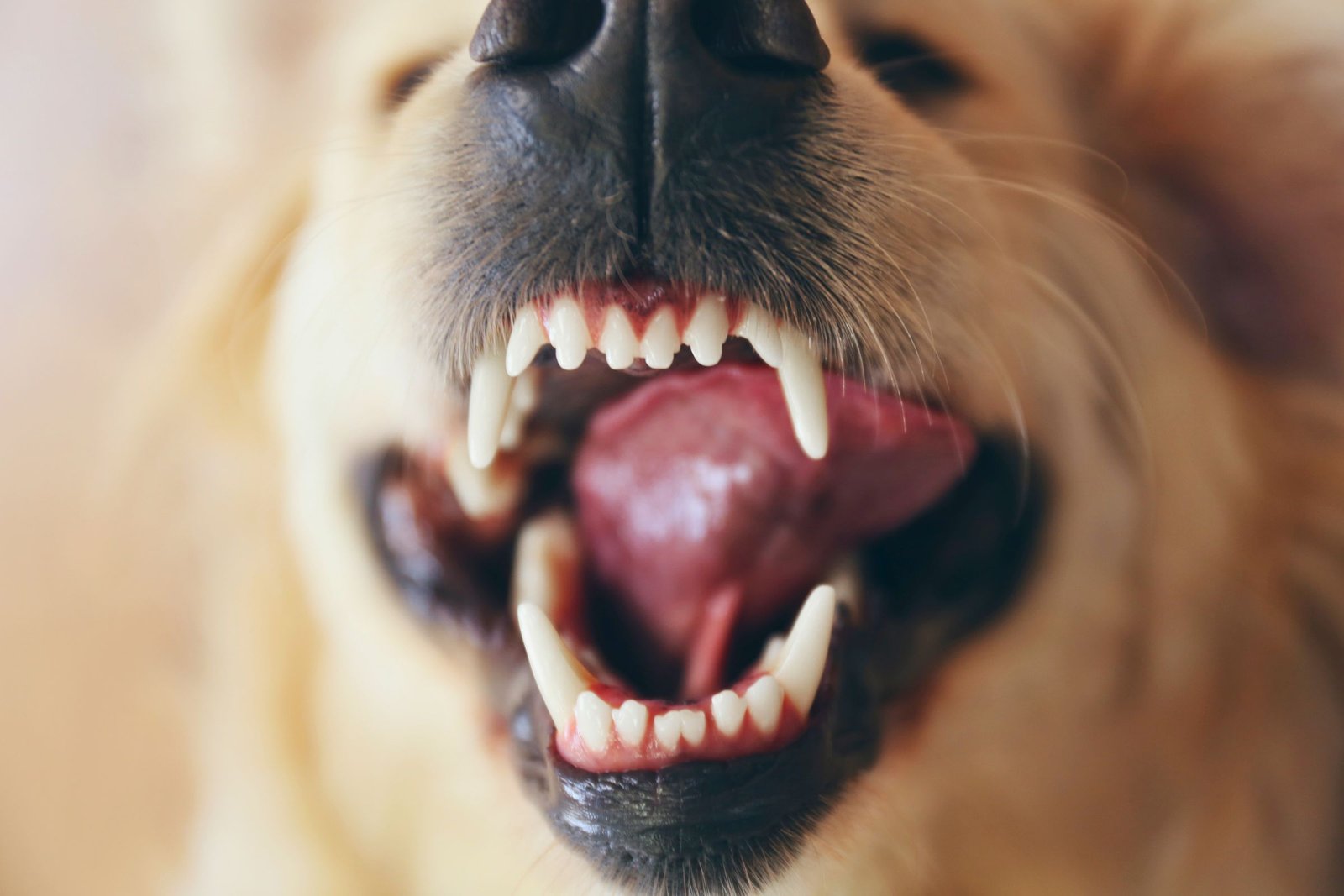Behavioral Changes: Navigating the Impact of Feline Obesity on Well-being
Beyond the physical manifestations, feline obesity casts its influence on the intricate tapestry of a cat’s behavior. Understanding the link between excess weight and behavioral changes unveils a crucial aspect of a cat’s overall well-being, underscoring the importance of maintaining a balanced diet to support positive behavioral patterns in our feline companions.
Lethargy and Reduced Activity
Overfed cats may exhibit lethargy and a notable reduction in overall activity levels. The additional weight places strain on joints and muscles, leading to a diminished enthusiasm for play and exploration. Lethargy becomes a prominent behavioral change, impacting the cat’s engagement with their environment.
Reluctance to Play
Play is an integral aspect of a cat’s behavioral repertoire. However, overweight cats may display a reluctance to engage in playful activities. Reduced mobility and potential discomfort associated with excess weight contribute to a decreased interest in toys, interactive play, and other stimulating activities.
Increased Aggression
Behavioral changes in overweight cats may include increased aggression. The discomfort associated with excess weight, coupled with potential frustration from limited mobility, can manifest as defensive or aggressive behaviors. Cats may react defensively when touched or may become territorial as a response to their altered physical state.
Changes in Grooming Habits
Grooming habits may undergo alterations in overweight cats. The limited range of motion and potential discomfort can hinder a cat’s ability to groom effectively. Changes in grooming behaviors may result in a unkempt appearance and contribute to skin-related issues.
Stress and Anxiety
Overweight cats may experience heightened stress and anxiety. Changes in routine, environment, or interactions with other pets can amplify stress levels. Behavioral manifestations of stress may include hiding, excessive vocalization, or changes in litter box habits.
Altered Social Interactions
Changes in weight can influence a cat’s social interactions. Overweight cats may become less inclined to participate in social activities, potentially withdrawing from interactions with other pets or human family members. Behavioral changes can impact the cat’s relationships within the household.
Mood and Contentment
Excess weight can impact a cat’s mood and overall sense of contentment. Cats that experience discomfort or limitations due to obesity may exhibit changes in their general disposition, potentially becoming less affectionate or more irritable.
The Role of a Balanced Diet
Maintaining a balanced diet emerges as a pivotal factor in addressing behavioral changes associated with feline obesity. A nutritionally sound diet supports overall health, potentially alleviating discomfort and contributing to positive behavioral patterns. Tailoring the diet to the cat’s individual needs and promoting weight management can have a positive impact on their behavior.
In conclusion, the behavioral changes observed in overweight cats transcend mere nuances; they offer valuable insights into the cat’s well-being and quality of life. Cat owners are encouraged to recognize the intricate connection between excess weight and behavior, embracing holistic approaches that include a balanced diet, regular exercise, and mindful attention to their feline companion’s emotional needs.








